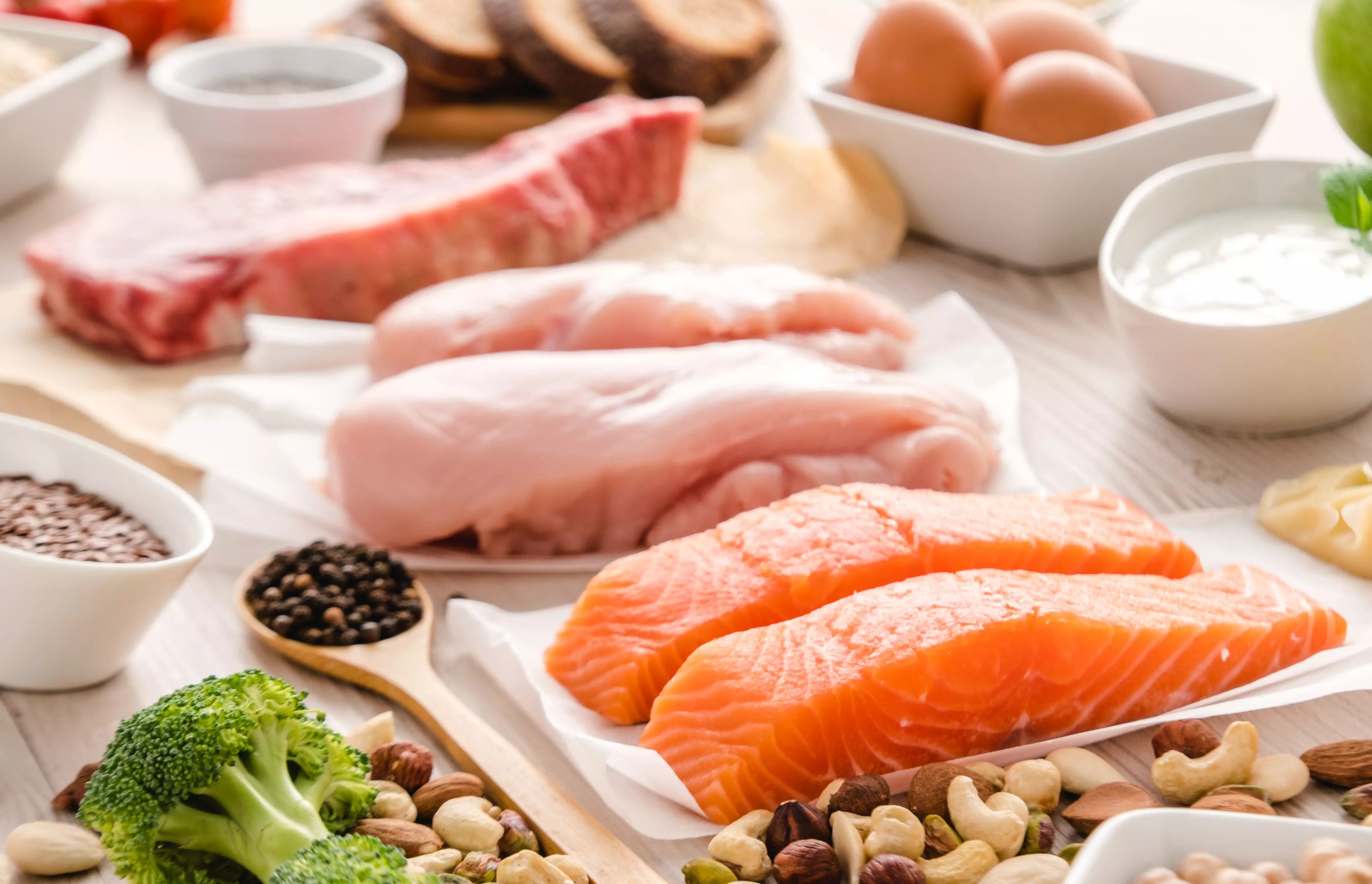Active lifestyle and the impact of diet on our health
Nowadays, more and more people are leading active lifestyles, regularly playing sports, taking part in various competitions and marathons. However, in order to enjoy full health and energy, regular physical activity is not enough. Equally important is proper nutrition, which provides our body with essential nutrients and prevents the development of various diseases. In this article you will learn how diet can affect your health while leading an active lifestyle.
A diet rich in protein
When we lead an active lifestyle, our body needs more protein, which is the building block of muscles. Protein also has a regenerative effect, so it should be consumed both before and after exercise. Healthy sources of protein include meat, fish, eggs, legumes and dairy products. If you are a vegetarian, you can reach for soy products, tofu, nuts and seeds.
It's also important to make sure you eat a variety of proteins, as each has slightly different nutrients. For example, eggs are rich in vitamin D and B12, while fish provides healthy omega-3 fatty acids. Remember that protein should be consumed along with carbohydrates to make it better absorbed by the body.
Carbohydrates as the basis of energy
The main source of energy for the body is carbohydrates, so they should form the basis of the daily diet of people with an active lifestyle. Healthy sources of carbohydrates include whole-grain cereal products, fruits, vegetables, and legumes. It is worth choosing those products that are low-glycemic, that is, they do not cause a sudden rise in blood sugar levels. This will avoid a sudden drop in energy after a meal.
Carbohydrates provide the body with glucose, which is necessary for the proper functioning of the brain and muscles. In addition, carbohydrates are essential for rebuilding muscle glycogen after exercise, so it is worth consuming them both before and after training.
Importance of fats in the diet of active people
Fats are often demonized in the diet, but they play an important role in the body, especially in people with active lifestyles. Fats are a source of energy and help in the absorption of certain vitamins, such as vitamin A, D, E and K. However, it is important to choose healthy fats such as vegetable oils, nuts, seeds and oily fish.
Meanwhile, limit your intake of trans and saturated fats, which can negatively affect your health, especially in large quantities. Also avoid fast food and processed foods, which often contain unhealthy fats.
Vegetables and fruits as a source of vitamins and minerals
Vegetables and fruits should be a staple of your daily diet regardless of physical activity. They are rich in vitamins, minerals, antioxidants and fiber, which aids digestion and regulates blood sugar levels. Vegetables and fruits provide the body with essential ingredients that contribute to maintaining health and strengthening the immune system.
If you are a sports person, it is especially important to consume vegetables and fruits because of their antioxidant effects. They contribute to the neutralization of free radicals formed during intense physical activity, which prevents cell damage and speeds up recovery.
Water an indispensable part of the diet of active people
Adequate hydration of the body is extremely important both during physical activity and in everyday life. Water is an indispensable part of the diet of people with active lifestyles. Regular consumption of adequate amounts of water helps keep the body functioning properly, improving both physical performance and mental concentration.
Too little fluid intake can lead to dehydration, which has a negative impact on our health and performance. Therefore, it is important to drink water regularly both before, during and after training.
Summary
Leading an active lifestyle requires a proper diet that provides the body with the necessary nutrients. The diet should be rich in protein, carbohydrates, healthy fats, vegetables and fruits, and the necessary amount of water. Remember that proper nutrition is key to maintaining health, fitness and the energy needed to achieve your sports and life goals.
It is a good idea to consult a nutritionist or consult a professional to tailor your diet to your individual needs and goals. Remember that healthy eating should be a lifestyle, not a temporary solution. Establish healthy eating habits and enjoy full health and energy every day!
